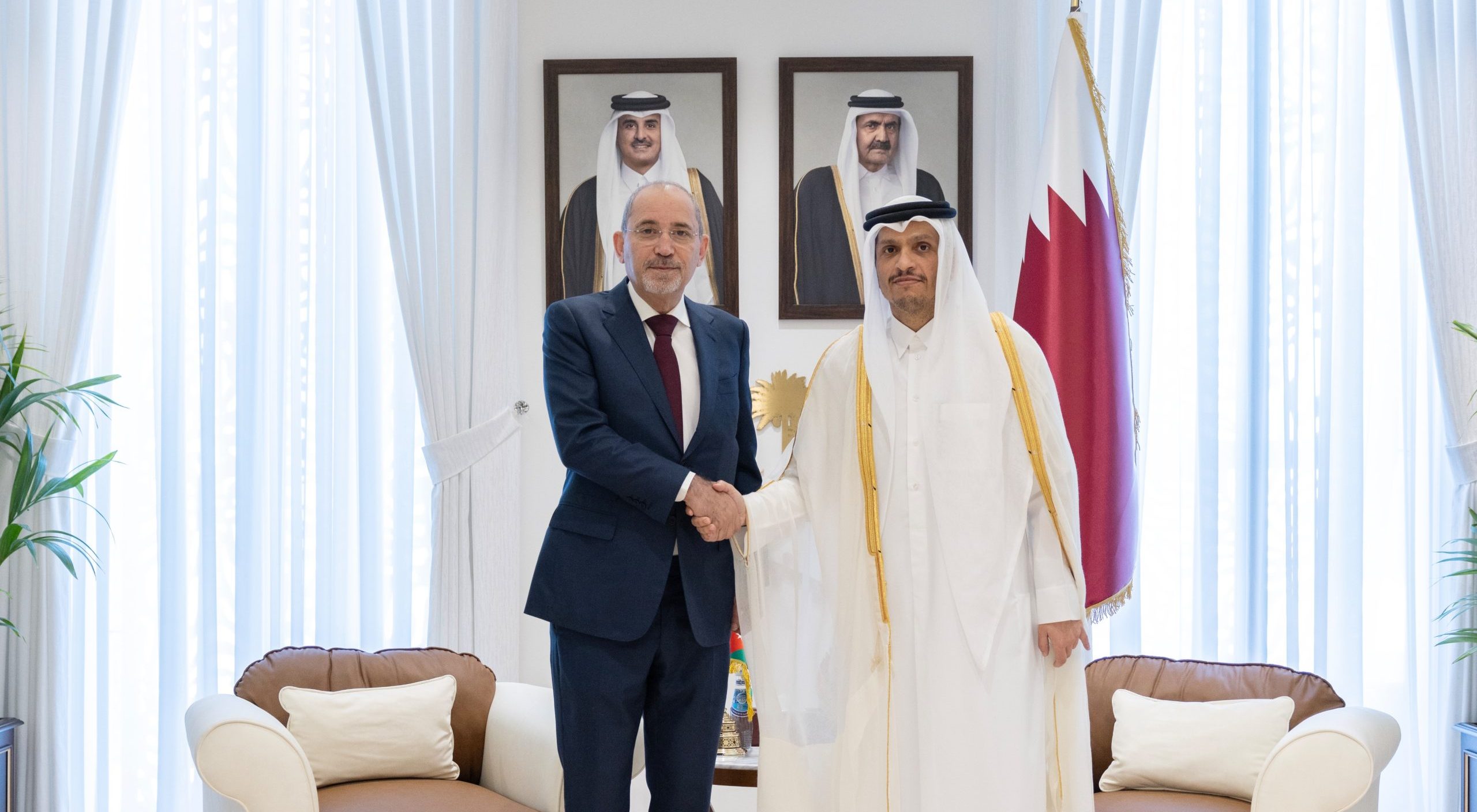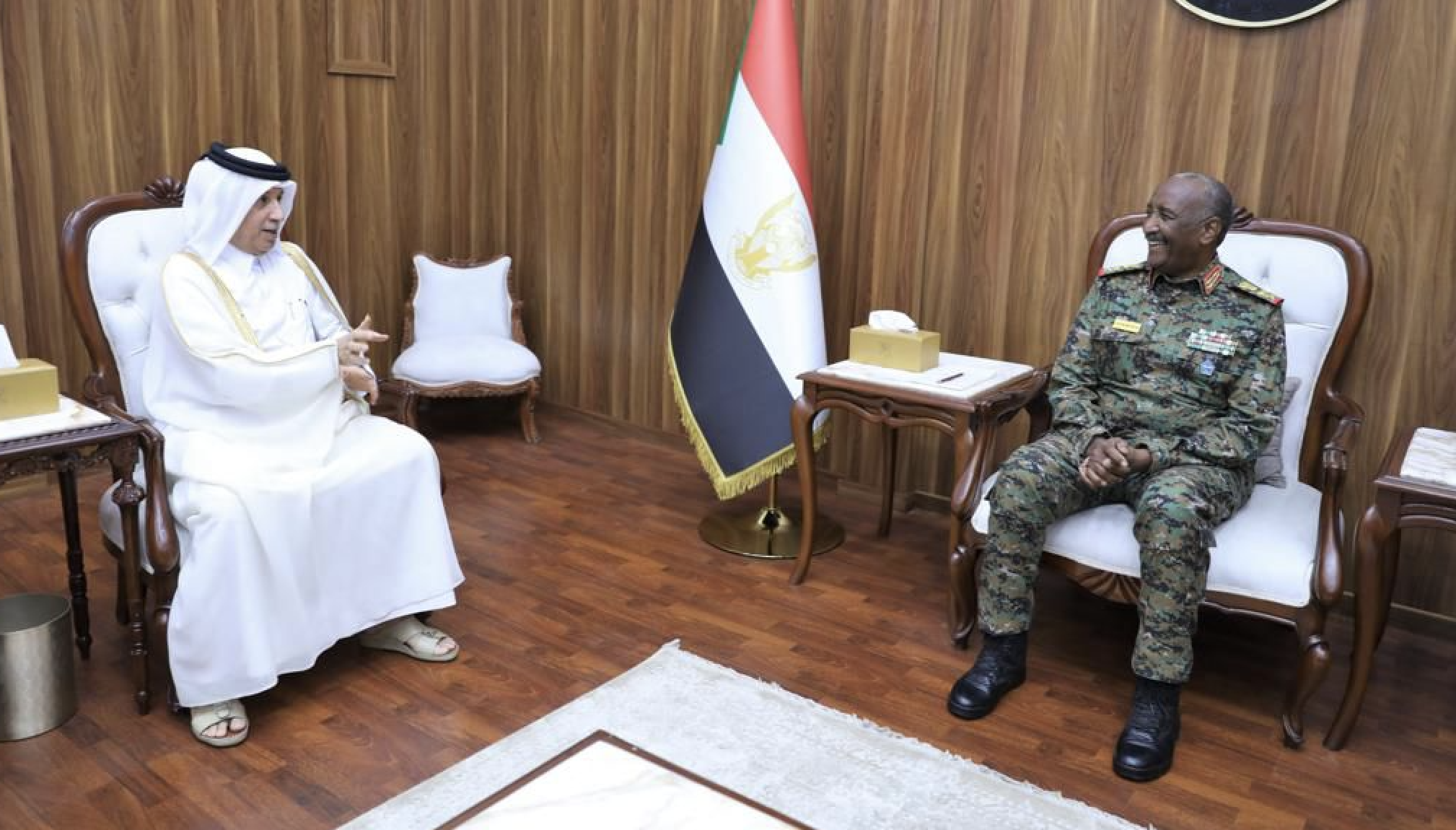
Citing declining productivity, problems securing a skilled workforce and issues with infrastructure, a new report has dropped Qatar nine places in its latest global competitiveness rankings.
The IMD World Competitiveness Yearbook 2014 places Qatar 19th out of 60 countries in terms of its overall competitiveness – a nine-point drop from where it stood last year. The report was made available to media, but is only allowed to be viewed in full by the public for a fee.
Despite the drop in the rankings, Qatar is still perceived internationally as a good place to do business, coming 10th in terms of its image abroad for encouraging business development.
The rankings were calculated based a survey of 4,300 business executives in the 60 assessed economies.
The Swiss-based IMD World Competitiveness Center has compiled its annual yearbook since 1989, comparing the competitiveness of 60 nations on the basis of over 300 criteria.
Two-thirds of the rankings are based on international and national statistics, with one third taken from a poll of business executives’ opinions.
It examines a host of aspects around four key pillars – economic performance, government efficiency, business efficiency and infrastructure.
Explaining the significance of the findings, Prof. Arturo Bris, Director of the IMD World Competitiveness Center, said:
“While economic performance changes from year to year, perceptions are longer-term and shift more gradually. They can also lead to a virtuous circle of better image and better economic performance.
So how executives feel their country is being perceived is a potentially useful guide to future competitiveness developments there.”
The UAE is the only other GCC country rated in the world-wide study, and remains in eighth place, the same position as last year.
Qatar’s weaknesses
The report noted several key areas where Qatar needs to improve. It recommend the nation:
- Invest in education, capabilities and skills to allow more productive Qatari participation in the labor force;
- Improve the business and investment climate, and attract and retain top international talent in Qatar;
- Create greater space for the private sector;
- Promote greater economic efficiency; and
- Manage economic stability and prosperity.
A number of areas of Qatar’s economy were highlighted as challenges, as it slipped down the league tables from last year. In the arena of international trade, for example, the country fell from third place in 2013 to 24th place this year.
Qatar also fared less well in terms of productivity and efficiency, now coming 27th, compared to 1st last year. For attitudes and values, it dropped from 13th place in 2013 to 21st place this year.
In terms of basic infrastructure, the Gulf nation fell to 27th place (from 11th in 2013), and for education, it dropped four places to 44th.
While Qatar ranked above the mid-table (in 24th place) for international trade, it came in 46th place for international investment.
Strengths
Despite the drop in the rankings, Qatar still ranked highly in several categories.
As the world’s leading country in terms of GDP per capita of $99,371 based on 2013 figures, Qatar came out on top for fiscal policy and prices.

It also placed second for public finance and third for domestic economy. In some aspects of business efficiency, it came out on top internationally – notably for labor force and overall productivity (PPP).
And in some areas of infrastructure, it performed well ahead of many of its global competitors, ranking 8th for cyber security; 9th for pupil-teacher ratio at primary schools; and 10th for funding of technological developments.
The most attractive aspects of Qatar’s economy highlighted by international business leaders included:
- Political stability and predictability;
- Dynamism of the economy;
- Access to financing;
- A competitive tax regime; and
- Competency of government.
IMF: Be more efficient
The news comes just a few weeks after the International Monetary Fund urged Qatar to create a more efficient framework for managing its publicly financed infrastructure and development projects, to ensure they are delivered on time and on budget.
The international body made a series of recommendations to Qatar to improve efficiency, including setting up an integrated public investment management process to coordinate the planned infrastructure and development projects underway ahead of the 2022 World Cup.
It also advised further strengthening Qatar’s fiscal institutions and creating a medium-term budget for all its projects.
Thoughts?








